New Scientist covers the latest developments in science and technology that will impact your world. New Scientist employs and commissions the best writers in their fields from all over the world. Our editorial team provide cutting-edge news, award-winning features and reports, written in concise and clear language that puts discoveries and advances in the context of everyday life today and in the future.
Elsewhere on New Scientist
Pay up, please • When it comes to artificial intelligence exploiting data, who will foot the bill?
New Scientist
A new view of home
Stem cells evade immune attack • Genetically altered cells that bypass the immune system can treat diabetes in mice, in a step towards treatments that could address a range of conditions, reports Clare Wilson
14,000 oil and gas wells still uncapped in Gulf of Mexico
Melting of Antarctic ice may be reversible as land under it rises
Gas clouds could be the remnants of the universe’s first stars
Surgery before birth fixes blood vessel in fetus’s brain
Neanderthal tooth gunk reveals ancient bacterial molecules
Lab-grown meat’s dirty secret • The carbon footprint of cultivated meat may be far worse than that of regular beef
Gannets’ blue eyes turn black after they catch bird flu
The war against AI web scraping • Elon Musk and Reddit are leading a new wave of objections to the long-accepted practice of scraping content from websites, discovers Matthew Sparkes
ChatGPT’s knowledge of copyrighted novels highlights legal uncertainty of AI
Wearer of ancient pendant unveiled • DNA extraction technique reveals the owner of a piece of bone jewellery 25,000 years ago
Extreme rainfall threatens China’s rice harvests
Analysis Infectious diseases • Can we eradicate malaria? Many countries have achieved malaria-free status, but stopping it globally will be difficult, particularly in places where the parasite is endemic, finds Jason Arunn Murugesu
Decades-old mystery about photosynthesis finally solved
Male woolly mammoths had testosterone surges
Ultrasound opens blood-brain barrier so drugs can hit tumours
Smart backpack makes it feel like you are jumping higher
Star seen devouring planet for first time
Australia to ban nicotine-free vapes
Apes are as willing to share food as small children
Really brief
All in it together • Pop culture fandoms can have a bad rap, but social psychology shows that being part of a group can be transformative, says Michael Bond
This changes everything • Resisting dystopia Unrealistic fantasies of the apocalypse are everywhere, but we shouldn’t stuff our minds with tales of disaster if we want a solid plan for the future, says Annalee Newitz
Eyes front
Your letters
AI anxieties play out • Science fiction series Mrs. Davis and Class of ‘09 reflect our disquiet about artificial intelligence as it storms into our lives, says Josh Bell
Making sense of it all • Predictive processing is one of neuroscience’s hottest topics. Clare Wilson finds out why in an important guide to the field
Don’t miss
The TV column • Golden age of doom Apocalypses are everywhere on TV, but for each gem there is one to forget. A new offering, Silo, starts from a great premise about a society forced to live underground, but does it really deliver, asks Bethan Ackerley
HOW TO THINK ABOUT…
Water, water everywhere • It is a long-held idea that midday watering will scorch plants’ leaves – but this isn’t supported by evidence, says James Wong
Puzzles
Almost the last word
Tom Gauld for New Scientist
Feedback
Twisteddoodles for New Scientist
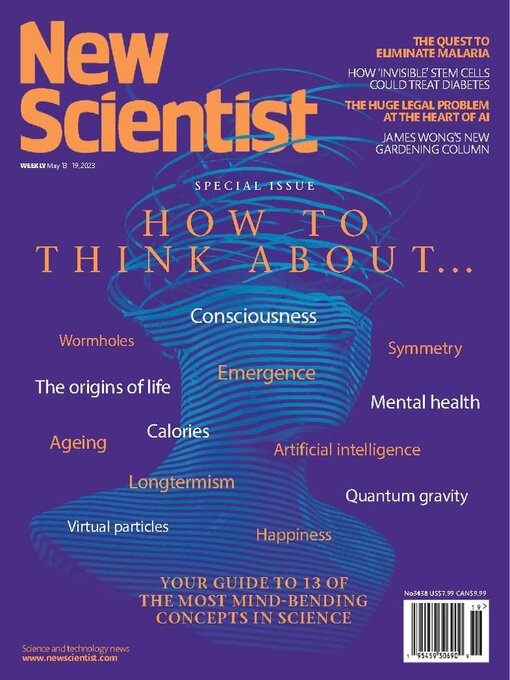
 Jul 26 2025
Jul 26 2025
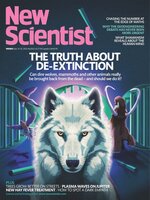 Jul 19 2025
Jul 19 2025
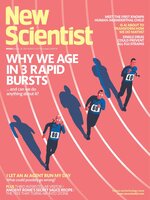 Jul 12 2025
Jul 12 2025
 Jul 05 2025
Jul 05 2025
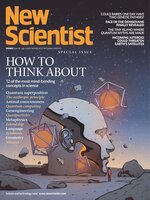 Jun 28 2025
Jun 28 2025
 Jun 21 2025
Jun 21 2025
 Jun 14 2025
Jun 14 2025
 Jun 07 2025
Jun 07 2025
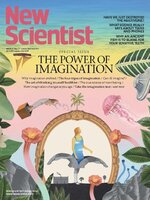 May 31 2025
May 31 2025
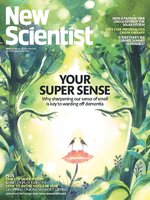 May 24 2025
May 24 2025
 May 17 2025
May 17 2025
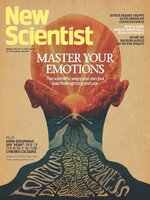 May 10 2025
May 10 2025
 May 03 2025
May 03 2025
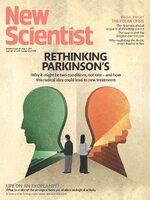 Apr 26 2025
Apr 26 2025
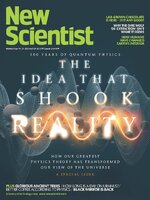 Apr 19 2025
Apr 19 2025
 Apr 12 2025
Apr 12 2025
 Apr 05 2025
Apr 05 2025
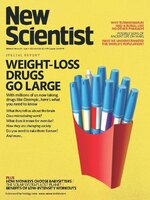 Mar 29 2025
Mar 29 2025
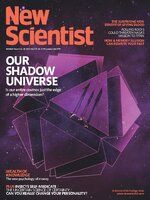 Mar 22 2025
Mar 22 2025
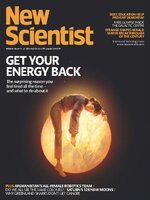 Mar 15 2025
Mar 15 2025
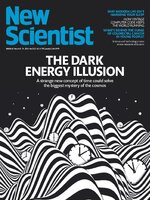 Mar 08 2025
Mar 08 2025
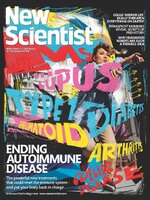 Mar 01 2025
Mar 01 2025
 Feb 22 2025
Feb 22 2025
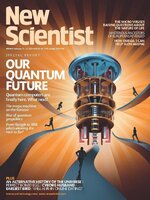 Feb 15 2025
Feb 15 2025